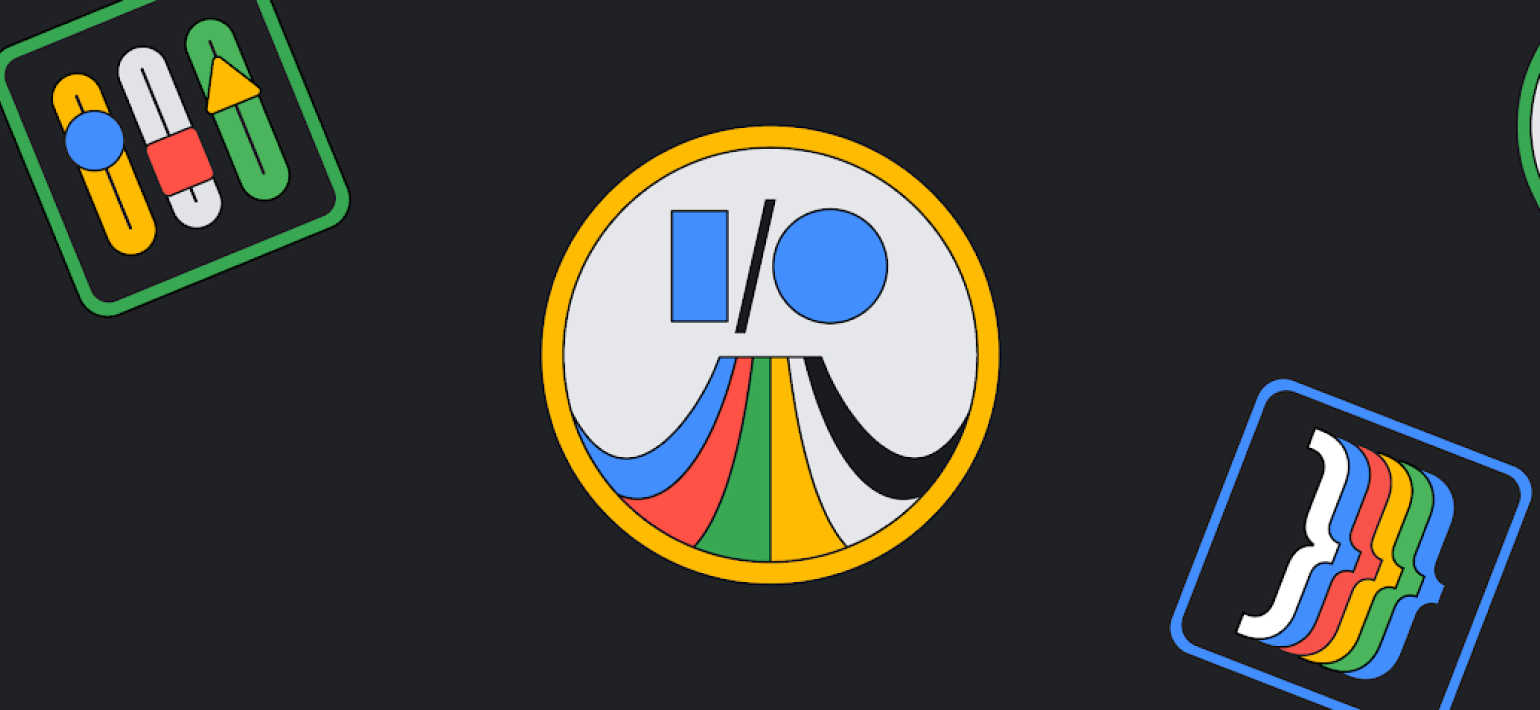Google IO 2023 – Generative AI in Search


With the eagerly anticipated Google IO 2023 keynote now complete, one of the big takeaways was the clear focus Google has on the further deployment of AI technologies.
The search landscape is about to evolve again, and the battle between search engines continues in the AI space, with Google trying to re-solidify the search mantle that Bing is trying to intrude on with their early visible adoption of AI in search.
Generative AI and Organic Search (SEO)
Google announced a number of new features at Google IO 2023, one of the key areas associated with search was the introduction of Generative AI within search results.
This introduces results within the search interface that are designed to make it easier for users to find the information they need. This new feature will allow Google to generate useful summaries of factual topics, which will appear alongside traditional search results. This will make it easier for users to quickly understand the key points of a topic without having to read through multiple articles.
From the demonstrations given during the keynote, these generative AI results will be shown ahead of traditional organic results
The AI results will reference the sources of the information, so should a user wish to visit for more information they can, still offering points of visibility for websites with high quality content.
How this impacts areas such as tracking rankings, impressions and clicks for organic search is yet to be seen, as well as whether this spells the end of elements such as Featured Snippets that have become commonplace in the search landscape. However, we do know that it offers an exciting new frontier with space that can be dominated organically for sites that follow helpful content principles!
Conversational AI
We also saw examples of a new conversational AI expansion. With the addition of contextualised conversational AI, users will also be presented with suggested next steps to take the search in deeper or alternative directions. Still, the context of each previous request is maintained for a natural flow of search.
Search 'Perspectives'
As a part of Google's AI juggernaut, they also teased the introduction of 'Perspectives'. Google believe people have so many questions that they would prefer to see what other people say and hear those peer-based opinions.
So not only will Google try to surface more readily available contextually relevant results in the SERPs, users will also have the option to filter this to show helpful information from people on forums and social media sites.
Once the Perspectives filter is activated, users will see long- and short-form videos, images and written posts that people have shared on discussion boards, Q&A sites, and social media platforms, alongside bio details of the content creator, which could shake up the world of influencers and how they share content online.
This update ties in closely with the helpful content update last year and places more emphasis on Experience, Expertise, Authority & Trust (E-E-A-T) signals, trying to promote more contact for people, by people – offering more prominence to personal and expert points of view.
What do these changes mean for the world of ads?
The key takeaway from the new generative experience is the space the AI section takes up, which was previously dominated by search ads. From initial examples, these appear to be now placed below the AI generated results.
The good news if you're in e-commerce though, shopping ads will still be positioned prominently at the top of the search results.
Naturally, we expect this to reduce impressions delivered for search campaigns where the conversational piece is deemed most relevant for the search. This will be especially evident for those running high levels of broad match as long tail informational keywords currently captured incrementally by targeting will be directed to the AI section – benefitting you by resulting in less wasted clicks (and spend!). This will of course also be dependent on campaign objectives and setup.
However, it does prompt the question of how this will impact smart bidding. Google best practice suggests ad groups require a minimum of 3,000 impressions per month. This allows strategies the ability to learn and make educated decisions on auction bidding. Reduced impressions could be a sign of machine learning becoming more advanced and removing this threshold. Resulting in more niche and emerging search trends acquiring learnings faster than before.
Noteworthy Mentions
Google also announced a range of productivity updates that will be aided with AI and will be available in a number of other Google products, including productivity apps such as Sheets, Slides and Docs, alongside the likes of Gmail.
The Evolving Search Industry
It is still early days for generative AI and conversational AI, but Google's announcements suggest that these technologies have the potential to revolutionise the way we interact with search. As these technologies continue to develop, we expect to see even more powerful and innovative ways to use AI in our everyday lives and expect the search industry to adapt as it always has, to new frontiers!
With Google Marketing Live a few weeks away, the AI conversation momentum doesn't look to be slowing down, and we're excited to see what's next!



